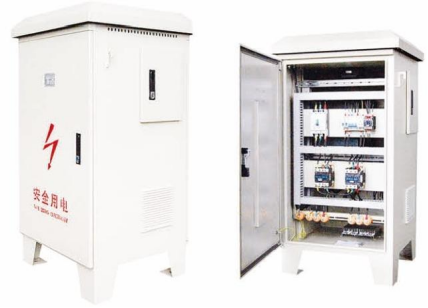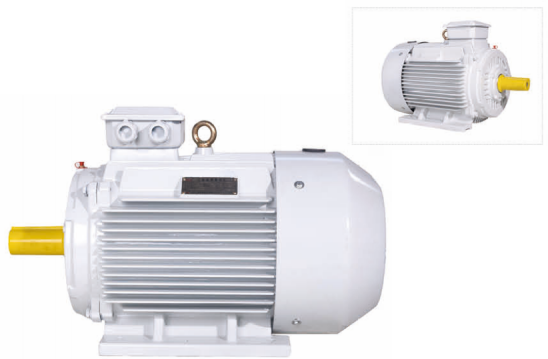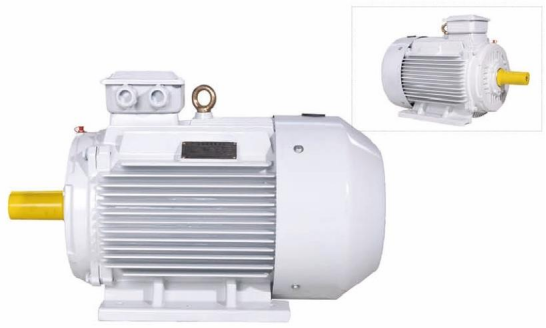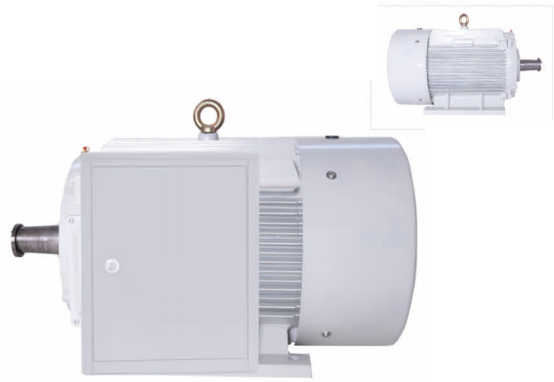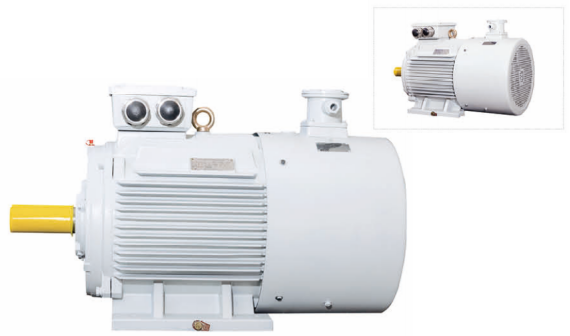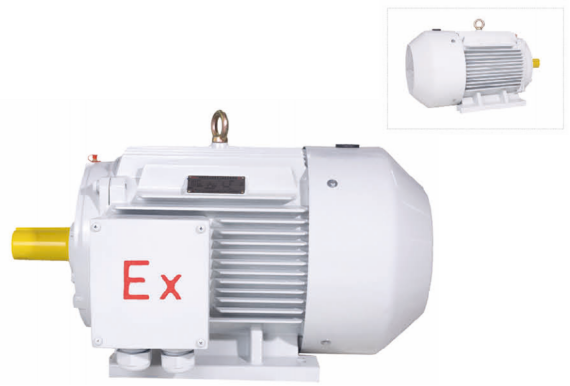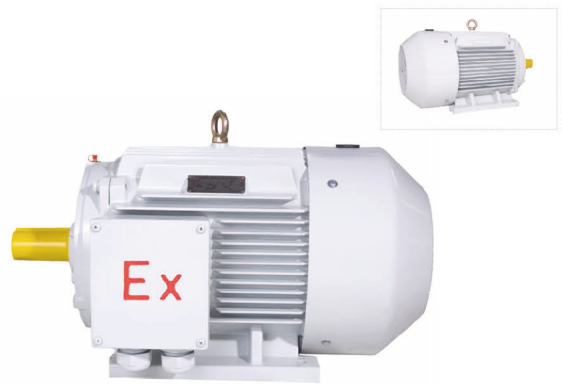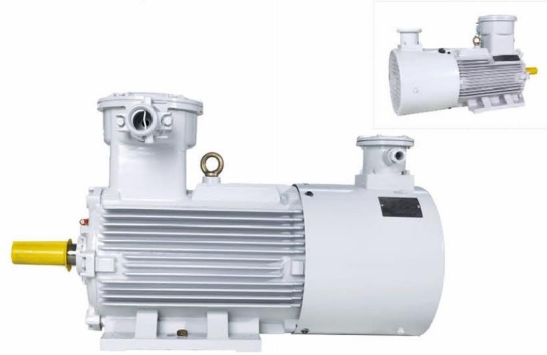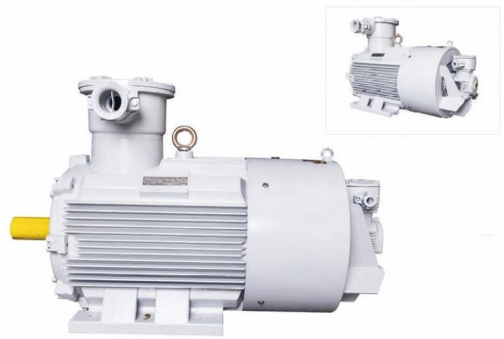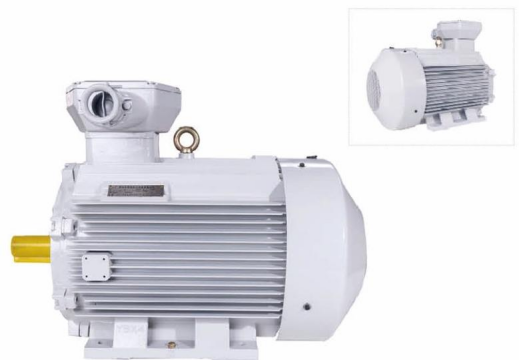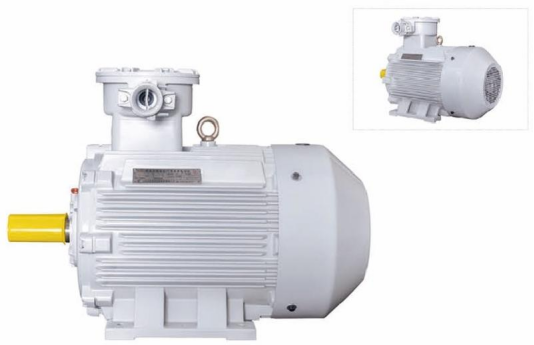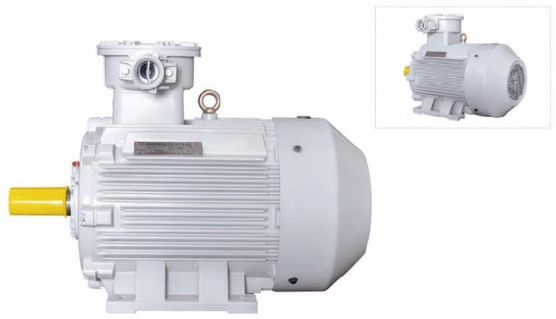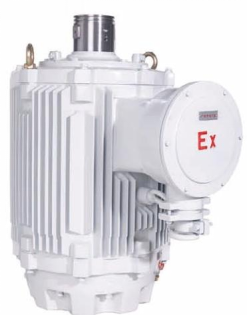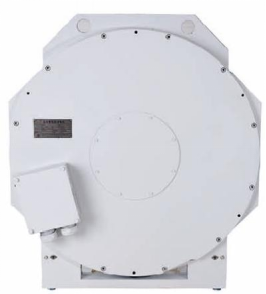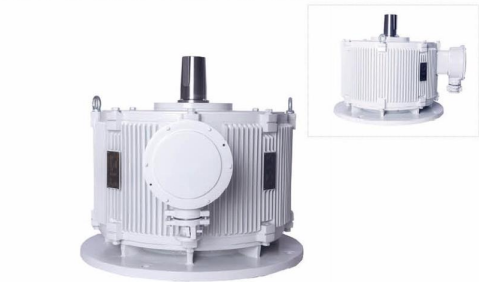Wedoany.com Report-Apr. 7, Brazil’s National Nuclear Energy Commission (CNEN) has issued a 40-year extendable permit for the Complementary Dry Storage Unit for Used Fuel (UAS) at the Angra Nuclear Power Plant site. Located in Brazil, the Angra facility includes two reactor units: Angra 1, a 609 MWe pressurized water reactor designed by Westinghouse, and Angra 2, a 1275 MWe pressurized water reactor designed by Siemens. With storage pools at both units nearing capacity, the UAS, initially authorized for operation by nuclear utility Eletronuclear in 2021, addresses this need.
The UAS can accommodate up to 72 Holtec Hi-Storm FW dry storage casks and is designed to receive used fuel until 2045. Between 2021 and 2022, the first transfer campaign moved 15 casks to the site. The second campaign’s initial phase, completed in August 2024, added another 15 casks. By the end of the second phase, scheduled for 2025 and 2026 and focusing on Angra 1 fuel, the total will reach 48 casks.
CNEN’s announcement in the Official Gazette stated: “Assessments had shown there was sufficient guarantee that the operation … can be conducted without undue risk to the safety of workers, the public and the environment with regard to the areas of nuclear technical safety, radiological protection and physical protection of facilities and materials.” This reflects confidence in the facility’s safety measures.
Eletronuclear clarified that used fuel is not classified as radioactive waste, noting its potential for future energy reuse. The UAS receives fuel elements from the cooling pools of both Angra units. Under a 2017 turnkey contract, U.S.-based Holtec provided the Hi-Storm FW systems and equipment tailored for the units’ differing designs. This included modifications to cask handling cranes and canister loading processes to ensure compatibility with Angra 1 and Angra 2.
Raul Lycurgo, Eletronuclear’s CEO, commented: “This is an important milestone for Eletronuclear and the Brazilian nuclear sector. It confirms that, with respect to the most stringent safety and efficiency standards, we are ready to ensure the safe storage of spent fuels and continue our commitment to generating clean and sustainable energy for Brazil. The operation of the UAS not only ensures the safety of the facilities but also reinforces the role of nuclear energy in the national energy matrix, with the potential for future reuse of used fuels.”
The UAS supports Brazil’s domestic energy production, independent of export or import activities, by managing used fuel from the Angra plant. This development enhances the sustainability of the country’s nuclear energy sector while maintaining high safety and environmental standards.
